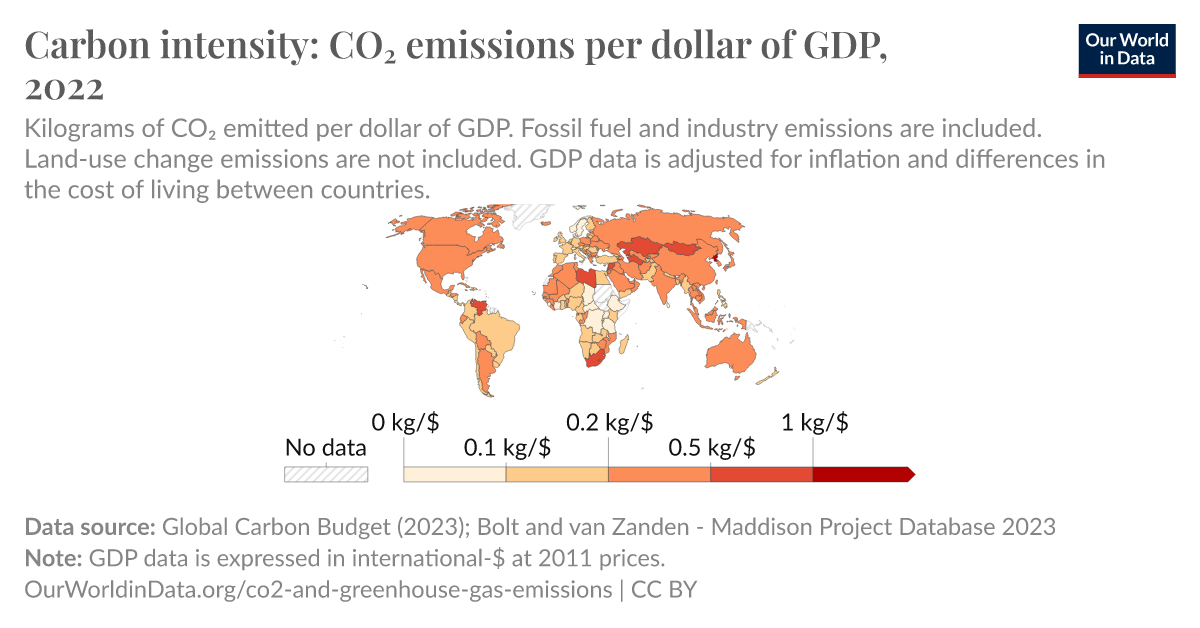contricusc
Member
Thanks for moving my post to the appropriate thread.Posts moved to appropriate thread.
Several points. First and foremost, the you're with us or against us line is typically not particularly productive. Even at the heights of the Cold War you had the unaligned movement. The truth is that expecting all countries to tow an arbitrary line is unrealistic. They won't. You add some interesting qualifiers. Do you think that if an unprovoked war is launched without the goal to annex territory, this is different? What if the war is "provoked"? Russia certainly claims the latter. Granted they didn't accuse Ukraine of a WMD program (oh wait they did...).
As for playing by the same rules... invasion of Iraq? Oh sorry, that was provoked. By Saddam's WMD program clearly aimed at the US. Let me wave a vial around.The third world quite rightly doesn't see much difference between the behavior of Russia in Ukraine and western countries in other imperialist adventures. This is why they're on the fence. They've seen talk of playing by the same rules but every time those rules hurt the interests of the powerful countries, they find an excuse to get out of following them. Which is why much of the third world doesn't believe the talk of rules and don't see any special reason to unite with the west in their sanctions against Russia. Mpst of the third world doesn't see themselves threatened by Russia in any meaningful way. There is nothing Russia can really do to India or Brazil. Even to intervene in Syria required the consent of the Syrian government, and would have been basically impossible without it. The US on the other hand maintains the capability to intervene in almost any country on earth, and could probably occupy and hold for quite a significant length of time almost any of them too. Russia is also a valuable trading partner, and one that often provides competition to deals offered by other players. So the third world at large, while not happy about Russian aggression, don't feel threatened, don't feel a burning need to respond, and don't want to face the economic problems of passing sanctions against a major player in the world economy. This has been explained repeatedly by others in this thread.
I do believe that the intention to annex territory makes a big difference when it comes to wars. Most wars in the post WW2 world order that involved big powers were fought for influence or regime change, not for terriotry annexation. Starting a war with the aim to annex territory brings us back to the pre WW2 world order where those who had enough power were subjugating others and were building empires. When a major power like Russia annexes territory, it re-opens the Pandora box of imperialism.
If the Russians had managed to overthrow the regime in Kyiv in a few weeks and place a puppet like Yanukovych back in power, I think the war would have been over and the West would have accepted the outcome, as it would have resembled the US invasion of Iraq. But once the Russians started to annex Ukrainian territories to the Russian Federation, any pretense that what they were doing was for the liberation of Ukrainians was gone. When the Ukrainians decided to fight and defend their country, the Kyiv leadership proved to be legitimate and the Russians to be imperialist invaders.
While the US second invation of Iraq was totally unjustified, the fact that the Iraquis didn’t put much resistance and were quick to celebrate the downfall of Saddam gave a little bit of legitimacy to the “regime change“ narrative. The US never tried to annex Iraqi territory.
What bothers me about the reaction of several developing countries regarding this war is the fact that former colonies are not supporting Ukraine, despite the fact that they already have the awful experience of being under an imperialist power. Ukraine’s fight for freedom and independence should ring a bell especially to those countries. If the likes of Britain, France, Germany or Japan could relate to Russia from a historical perspective (they all have a history of imperialism), I don’t understand how countries like Algeria, Angola, Bangladesh, India, Pakistan, South Africa or Vietnam can be neutral about this. They should have supported Ukraine out of principle, not because of self interest.
I know about the per capita theory when it comes to pollution or CO2 emissions (two distinct things, as CO2 emmissions are not about pollution, but about the alleged warming effect on climate), and I don’t agree with it.The part about "tolerating" a lot from Brazil and India is particularly curious. Pollution is a problematic choice to put it mildly. If you look at pollution per person the 1st world leads by a hefty margin. And there is a strong correlation between CO2 emissions and quality of life. If the average American had to cut their CO2 emissions to those of the average Indian, what would that look like? Then there's the historic aspect. CO2 isn't just an annual number. There's also the amount of carbon already in the atmosphere. How much of it was put there by the industrializing of the current 1st world? How much did the 1st world profit from that? Now the third world has to not industrialize or do so much slower and more expensively even as the 1st world continues to out-pollute them on a per person basis? Curiouser and curiouser. I think your position here is either a neo-imperial one, the third world needs to do what's good for the first, or a profoundly ignorant one. If anything the third world has tolerated a lot from countries like the UK, France, the US.
If we agree that we have a problem with global warming that comes from greenhouse gas emissions (mostly CO2 and CH4), as the world has mostly agreed at an international level (I don’t necessarily agree with this theory, but my personal opinion is irrelevant in this case), there are two logical scenarios to follow from here. The first scenario would be to decide that all countries should work on reducing their emmissions from current levels in order to stop the negative effects of CO2 and methane emmissions. The second scenario would be to just continue with business as usual because the economy and the wealth of people is more important than the potential climate changes.
In the first scenario, all countries should commit to stop investing in anything related to coal powered energy in the first place, and to work on reducing the emmission intensity of their economies. By emmission intensity, I mean the amount of emmissions per unit of economic output (which is generally measured by GDP, which is not evry relevant, but it is the best measure we have). If your economy has a high output per capita, it is natural to have higher emmissions per capita than an economy with low productivity. Countries with developed economies will of course have higher emissions per capita, but what matters is if their balance between output and emissions is efficient or not.
Here is a map of the world based on the carbon emission intensity of economies:

Carbon intensity: CO₂ emissions per dollar of GDP
Kilograms of CO₂ emitted per dollar of GDP. Fossil fuel and industry emissions are included. Land-use change emissions are not included. GDP data is adjusted for inflation and differences in living costs between countries.
You will see that countries like Russia, China and South Africa re the worst offenders, while EU countries are among the cleanest.
In my opinion, it is absurd for countries like the UK, Netherlands or Germany to cripple their economies and standard of living while trying to reduce their emissions, while countries like China that are a lot more inefficient when it comes to the emission intensity of their economy continue to build coal power plants and have no emission reduction targets (they continue to raise their net emissions).
This is why I think the second scenario would be the more logical one for the West, where they would stop hurting themselves while fighting a war that cannot be won as long as much bigger countries continue to increase their emissions.
That’s what I meant when I said that the West has been tolerating too much from developing countries lately. The base of the emission target negotiations has been flawed from the start, and the West should have never accepted the standard of emissions per capita, as this argument makes China, India, Pakistan, Indonesia or Nigeria immune to any emission reduction target while placing the entire burden on the West.



